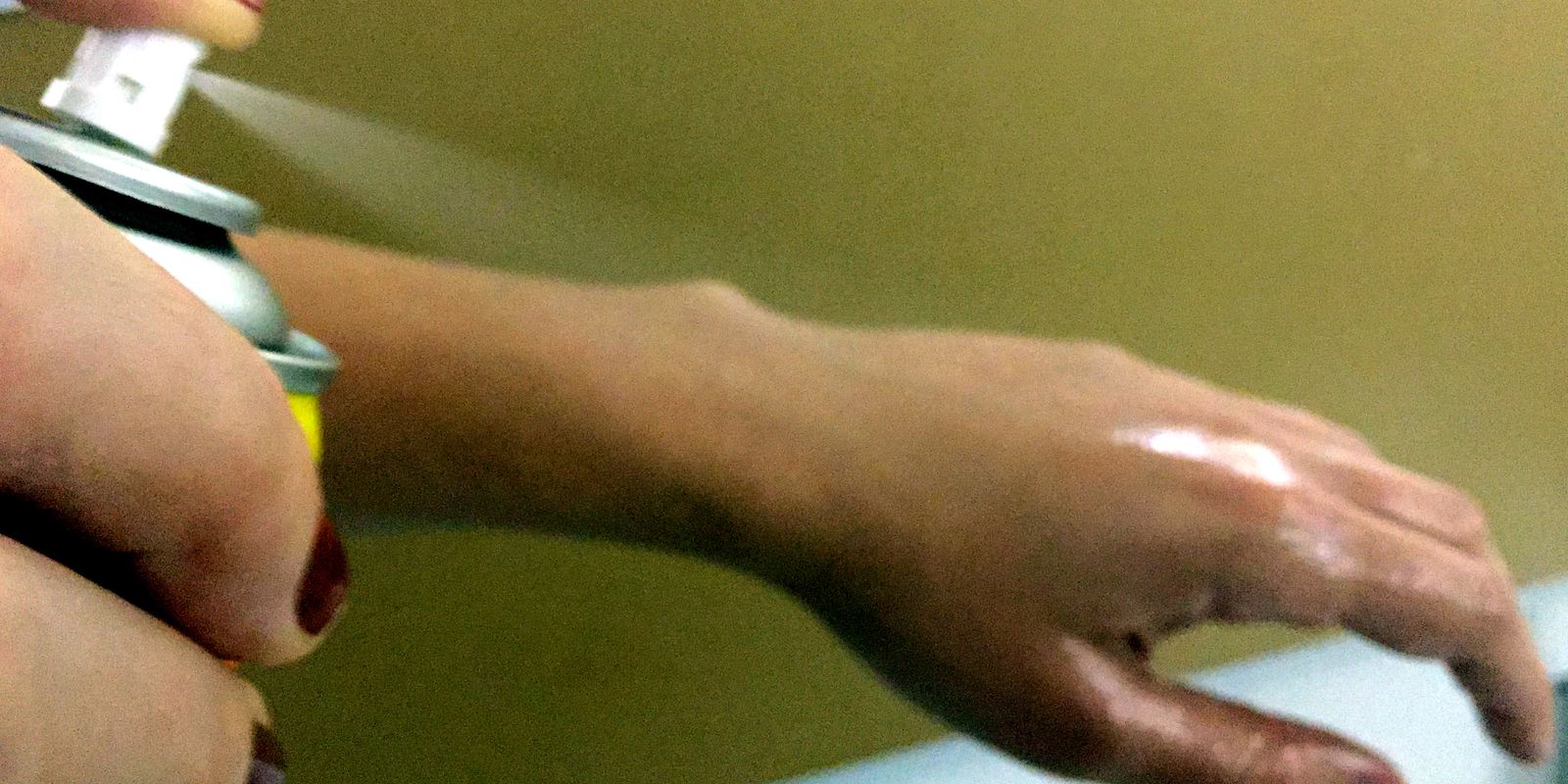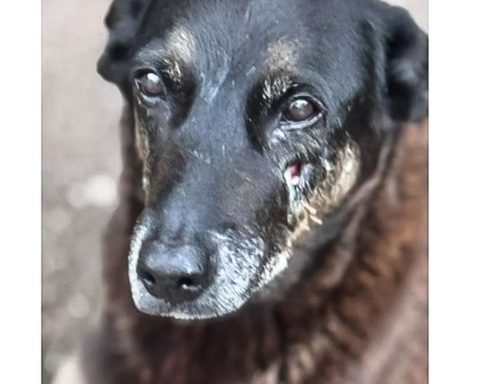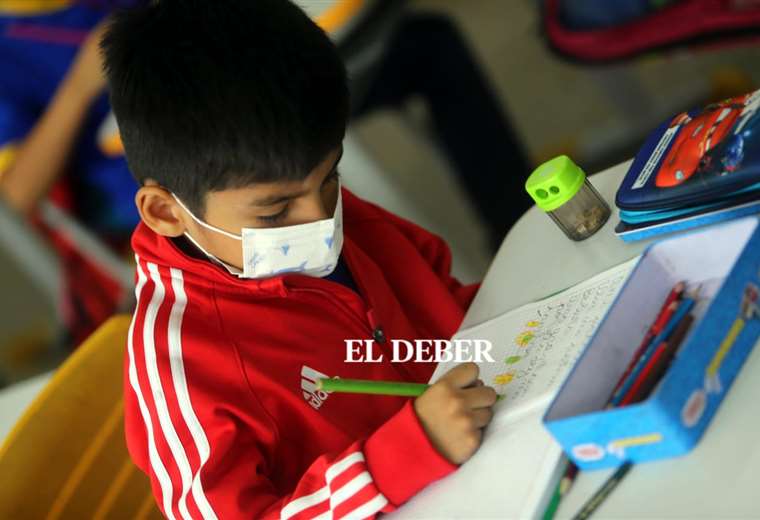The Brazilian Society of Dermatology (SBD) launches this Monday (29) the Care and Hygiene Guide, aiming to clarify the population in relation to simple habits, but about which many people have doubts.
The publication, which will be available free of charge on the entity’s website, reveals the basic and daily care with body hygiene that can prevent mycoses and other contagious diseases that affect the skin, hair and nails. The guide has accessible and didactic language and provides clarification on false and often distorted information that is broadcast on social networks. SBD also prepared two podcasts (audio content) with guidance on the problems caused by fungi in the form of mycoses that mainly affect the skin and nails.
As the largest organ in the human body, the skin ends up being susceptible to diseases, such as infections caused by fungi or bacteria, which, if not diagnosed and treated, can worsen and reach internal organs. In this context, hygiene is the best path to healthy skin, warns the entity.
baths
Coordinator of the Department of Mycology at SBD and author of the guide, Rosane Orofino said that, with the publication, people will know, for example, that bathing once a day is enough to clean the body. “At least one time. There are people who don’t take any,” she warns.
She criticized, on the other hand, the excessive cleaning mania, which she considers as harmful as the lack of cleanliness. “This is the message: don’t overdo it either way. Compulsively washing your face several times a day, showering three, four times a day, that’s not good for you. It is not beneficial to the skin or health.”
Still in relation to the bath, she says that the ideal is to be with warm water, close to 37°C, the normal body temperature, since very hot baths dry the skin. If the intention is to take a shower before going out to exercise, the bath can have a temperature from lukewarm to cold. “Colder baths can be taken if the intention is to wake up the body for exercise,” she suggested.
Another tip is to dry well, right after the bath, the skin areas with folds. According to the doctor, fungi and bacteria are very fond of a hot and humid environment and, therefore, skin infections are so frequent in tropical and subtropical countries.
“We must keep all these fold regions well ventilated. That’s also why you shouldn’t repeat a sock before washing it. Your scales are on that sock and you’re going to reinfect yourself. The scales are invisible. We change our skin daily, but we don’t see it. And the fungi stay there, alive, let’s say, for a long time, because the skin is a little food for the fungus. Keratin, the most superficial layer of the skin, is eaten by the fungus. These are called keratinophiles, they like keratin. And keratin is found in soil, vegetation, animal skin and human skin. Fungi feed on it too.”
collective environments
Hygiene care prevents people from having problems such as mycoses, which are generally acquired in collective environments. The doctor cited places such as changing rooms, bathrooms and public swimming pools, in gyms where the person mixes scales of their skin, which are invisible, with those of other people that may contain fungi or bacteria. “Care is important. Not only do the places sanitize the floors, but we also have to be careful.”
Around a swimming pool, flip-flops should be worn. When doing gymnastics or Pilates, in gyms, it is recommended to wear foot protection, whether sneakers or non-slip socks. In chairs used in swimming pools, the ideal thing is that they are sanitized frequently or that the person, at bedtime, places a towel on it so that their body does not have direct contact with that furniture. “Mycosis or scabies can be caught in places where the person stays a long time, without protection, with the skin in direct contact with these places”.
The same occurs in relation to mats or equipment in gyms or weight training. “Moist skin has already removed the barrier. Her physical barrier goes away. That’s why we use moisturizing cream after showering. If we are sweating in a place where a person has a ringworm, left the scales there and we are rubbing with damp skin, we are capable of acquiring a skin disease. The solution is to sanitize appliances and mattresses with hypochlorite, put on a towel or be dressed. Clothing also protects”.
Clothes
Underwear, such as underwear and underwear, should be washed daily. Bedding should be changed at least once a week, because people sweat and have a flora of bacteria. Bedspreads can be replaced at longer intervals, every three months. For pillows, the recommendation is that protectors are used and that they are washed every three months. The ideal, however, is to change the pillows every year.
In the case of clothes, such as blouses and shirts, it is worth wearing once and washing. In the case of jeans, the correct thing would be to wash them frequently. On very hot days, in summer, for example, as humidity and heat are food for bacteria and fungi, it is better to wash the garment after using it, due to sweat.
sharing
Another essential care for skin health is not sharing towels and bar soaps. Experts warn: it is only possible to share hygiene products for the body when there is no direct contact of the substance with the hands, such as in liquid or gel soaps. Even in the case of husband and wife, these items should not be shared. Rosane warned that a person can have scabies and, if another uses the same towel, they can acquire this disease, which is also infectious. The same should be done for toothbrushes. “The basic rule is that objects for personal use should not be shared with anyone, not even with the person who is intimate with you”, highlighted the dermatologist.
Still in relation to soaps, the SBD guide highlights the need to be careful with the type that is used, because the indiscriminate use of antiseptic products causes the skin to dry out and the removal of the protective layer of fat. Therefore, articles of this type should only be used under medical recommendation, preferably by a dermatologist, and used for a specific period of time. “They are medicines, not just soaps”.
shoes
Regarding shoes, if they are washable, they can go in the washing machine or soak in a bucket with soap and water. The non-washable ones should be left in an airy area for 24 hours. If the person is being treated for ringworm on the feet or nails, the Guide advises using a spray disinfectant, then leaving it in an airy area for 24 hours before the next use. The ideal is to wear sneakers and closed shoes with socks, which can be washed normally without contaminating the shoes.
Medicines
The SBD Guide also warns that self-medication must be avoided. No medicine should be used without medical advice. The use of antifungals or other medications without a correct diagnosis can mask the underlying disease, and there is also a risk of developing allergy to the medication.
The general guideline is that when irritation, discomfort or itching appears, among other symptoms, the person should consult a dermatologist as soon as possible. This action will provide the best diagnosis and immediate treatment, highlighted the president of SBD, Mauro Enokihara.

















